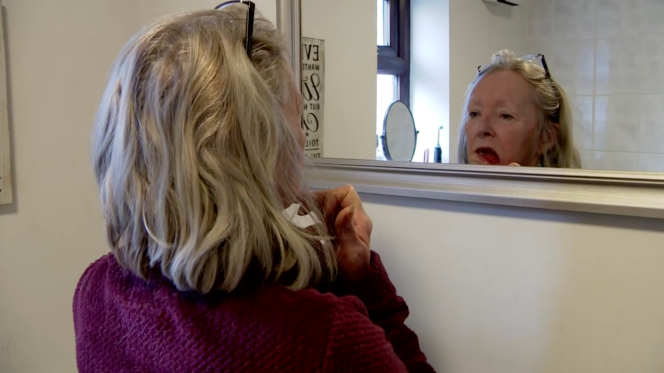

LETTER FROM LONDON

At first glance, the story of 63-year-old Caroline Pursey was so surreal it seemed like a hoax. The reported incident, which was aired on ITV News on February 7, highlighted a distressing truth: many in Britain face significant challenges in accessing dental care. Pursey, a resident of Scunthorpe, in the northeast of England, explained what happened after experiencing severe dental issues without access to an NHS dentist [the publicly funded healthcare system of the United Kingdom, which is virtually free]. Unable to afford private care, she resorted to extracting 12 of her own teeth with pliers. "I was told there was a three-year wait," she explained.
When confronted by an ITV News journalist with the details of this extreme case, Health Minister Victoria Atkins replied that "someone in such a state of suffering needs to know that they can go to their hospital A&E [emergency room] for help." This advice was promptly refuted on social media, where professionals and ordinary citizens alike were quick to explain that there are no dentists in hospital emergency departments, with patients usually being sent home with a painkiller, and advised to contact a dental practice.
How do residents in a wealthy G7 country end up having to resort to such extremes as pulling their own teeth? The British National Health Service is in deep crisis. Founded in 1948 on a liberal principle (free and equal access to healthcare for all citizens), this public service has endured 14 years of underinvestment ever since the Conservative Party came to power, following decisions made by the Labour Party before that. The NHS faces a glaring shortage of doctors, nurses, and ambulance staff, coupled with a lack of equipment and aging infrastructure. As a result, over 7 million Britons are currently on waiting lists for treatment and operations.
Dentistry has been hit particularly hard. Established in 2006, the remuneration system for dentists working for the NHS (providing free care) has proven to be highly uncompetitive. It stipulates that these professionals are paid by the public service based on UDAs [Dental Activity Units]: a check-up counts as one unit, treating a cavity counts for two or three, and so on. Dentists criticize this system for not adequately considering the complexity of certain treatments and for failing to adjust UDAs in proportion to the rising costs of materials, equipment, and personnel.
Since 2010, public funding for dental services in England has fallen by 8% in real terms, to £3.1 billion in 2021-2022. Dentists argue that they are no longer financially viable when treating solely NHS patients. A survey conducted by the British Dental Association (BDA) in May 2022 revealed that 45% of dentists had reduced the number of NHS services provided since the beginning of the pandemic.
You have 50.91% of this article left to read. The rest is for subscribers only.
